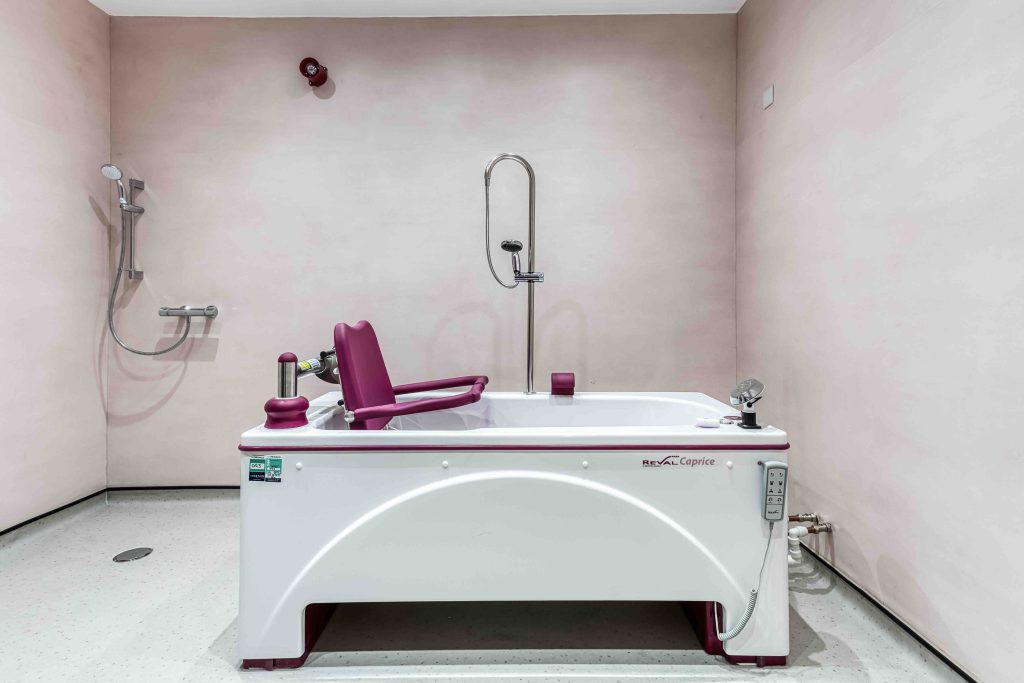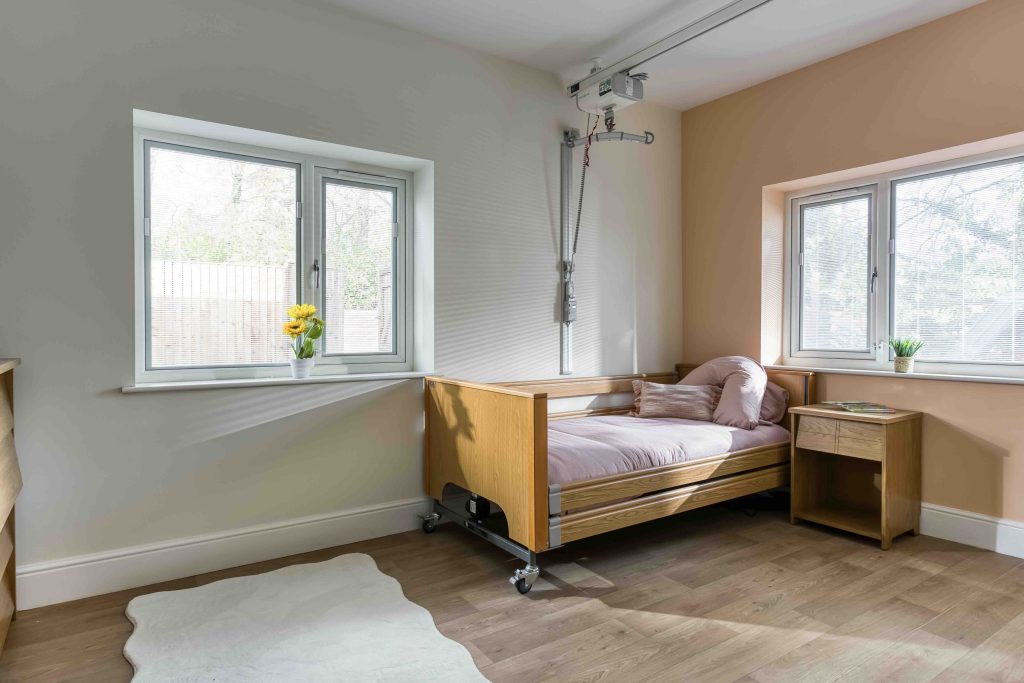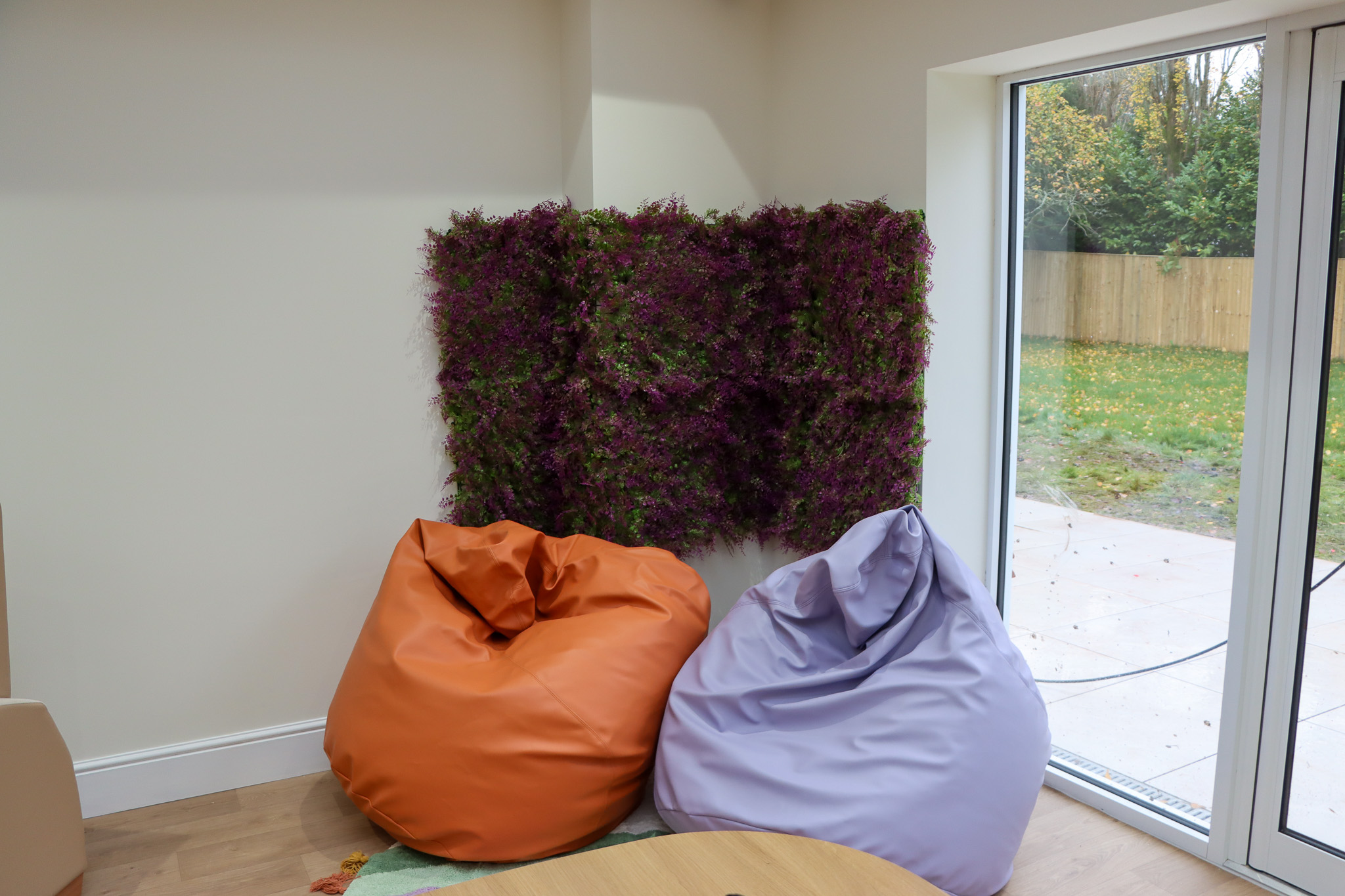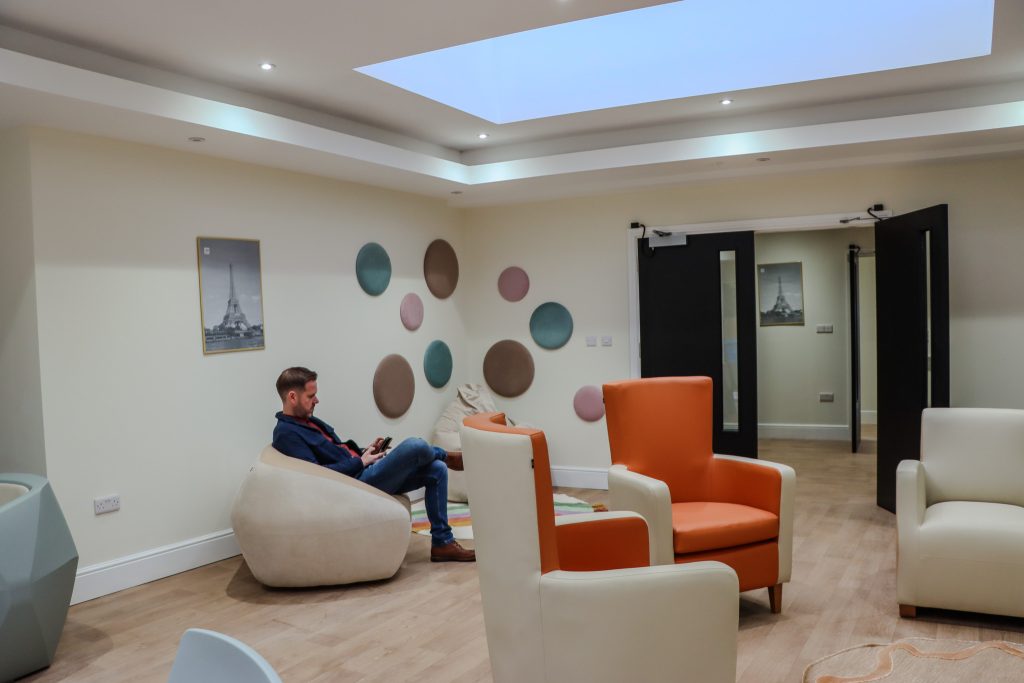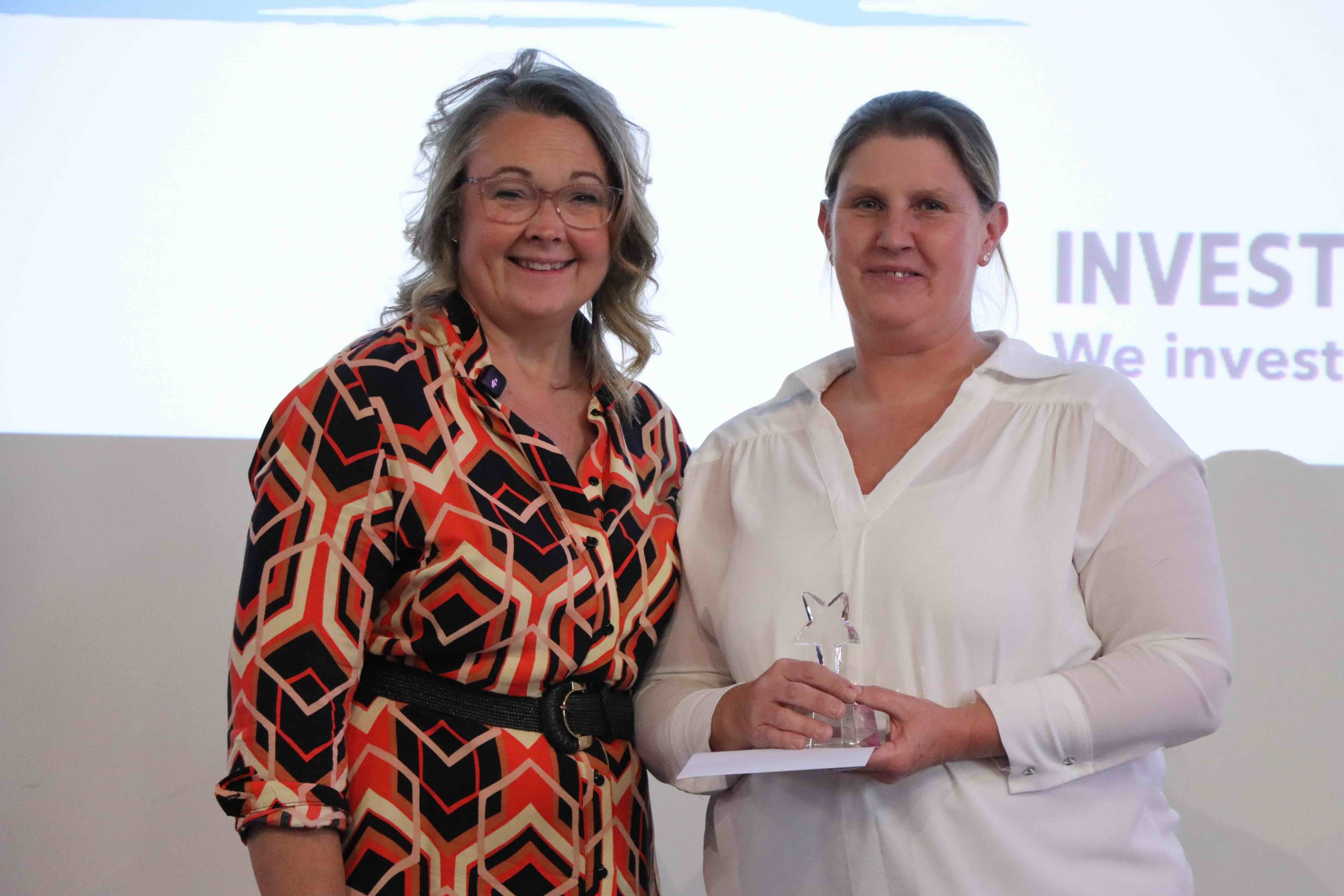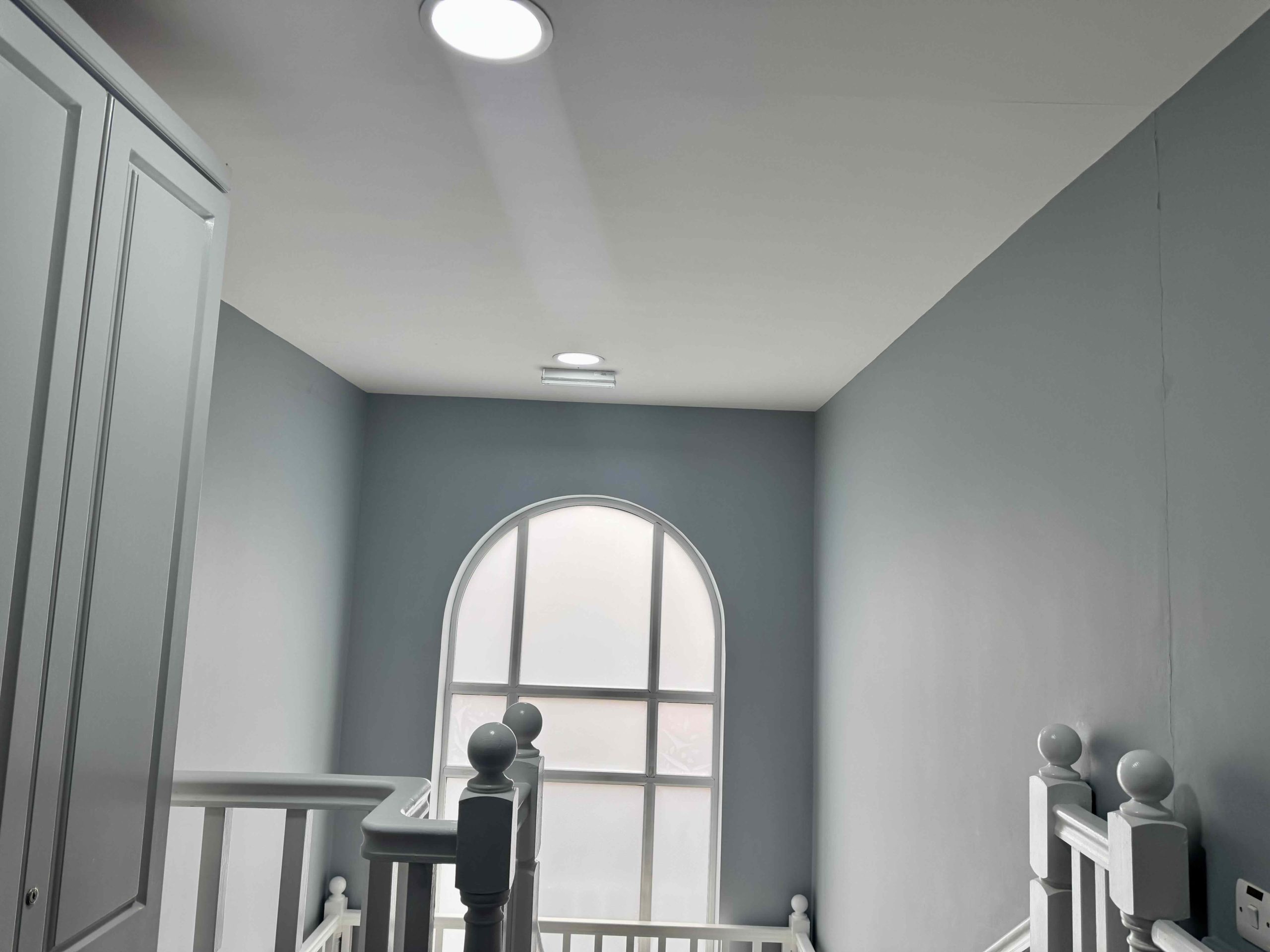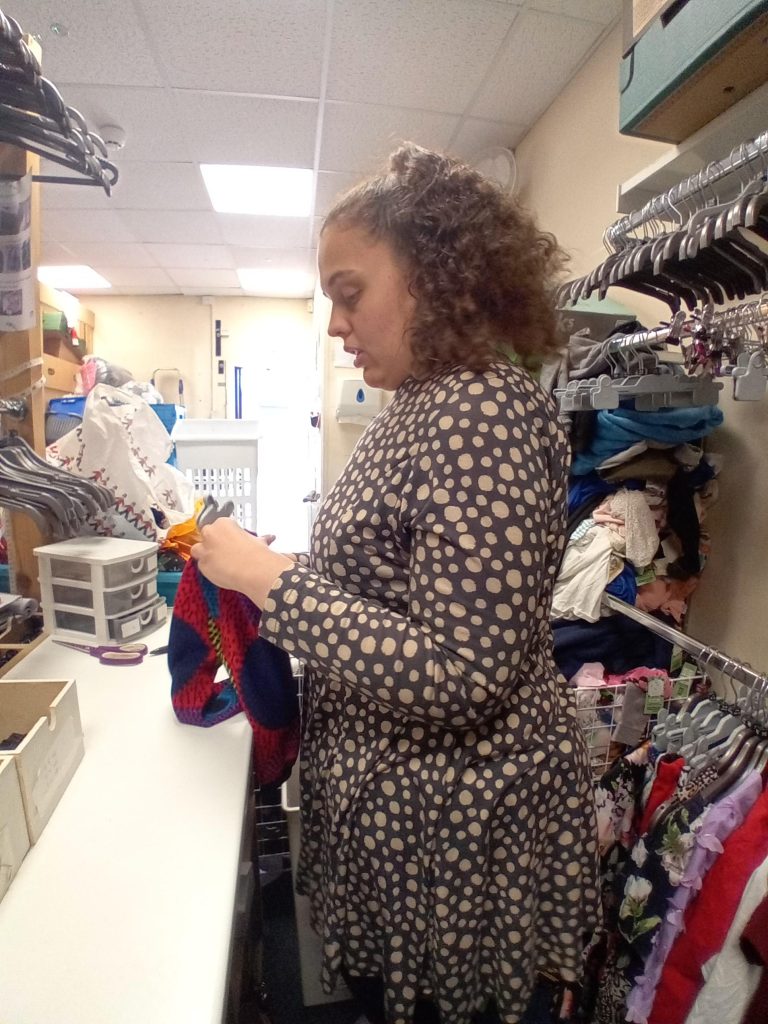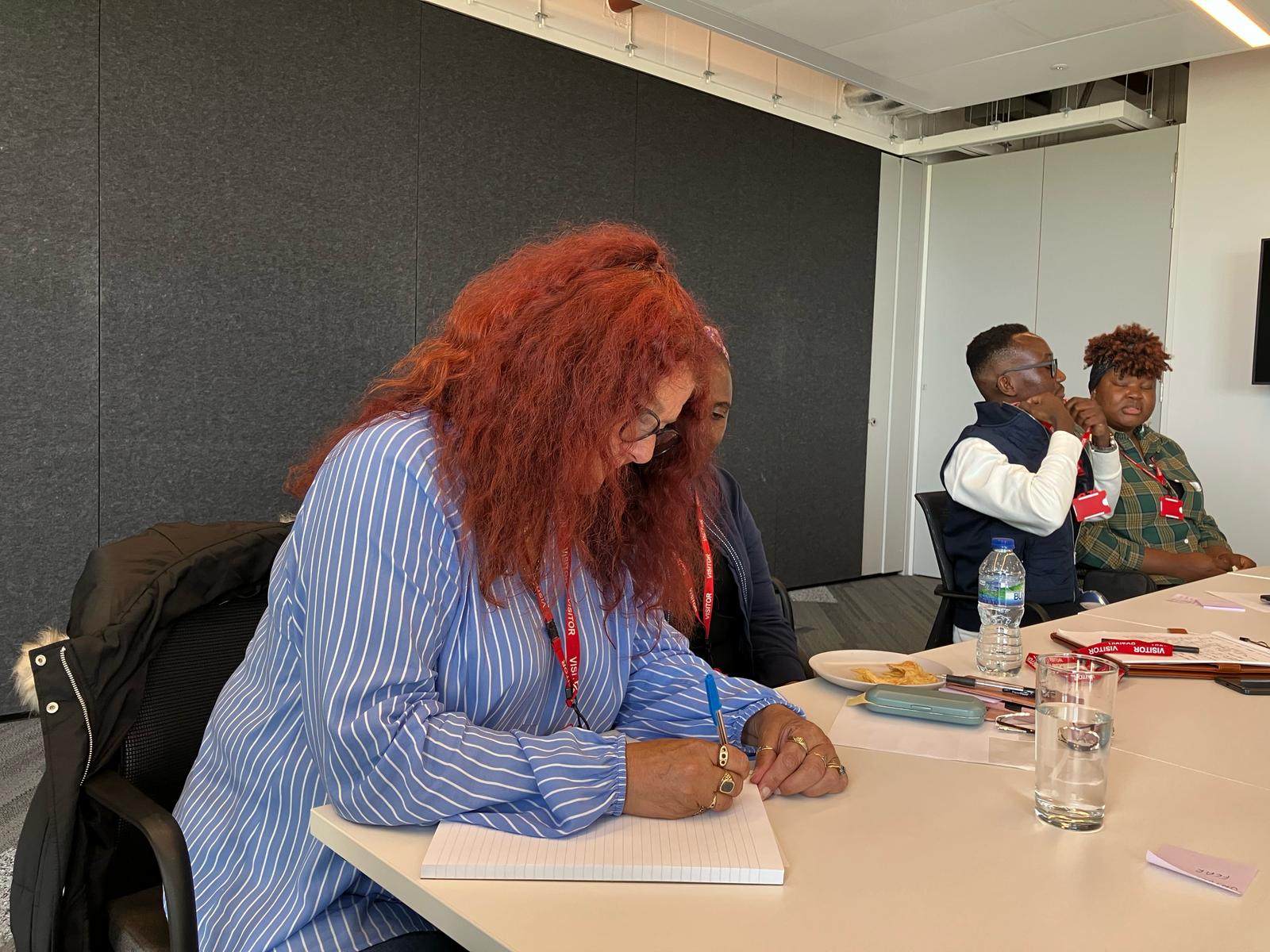When Chloe, Caitlyn and Mary talk about Spring Meadow, they don’t start with the building. They start with how it feels.
They talk about space. Real space. The kind that gives people room to think, to calm down, to try things without feeling rushed or crowded. For them, Spring Meadow is not just a new service. It is a chance to do what they already believe in, but in a way that feels calmer, kinder and more intentional.
Spring Meadow is the newest service from Progress, and for its team leaders, it feels like a fresh chapter built on familiar values.
“It’s the same foundation of care we already have,” Chloe says. “Just on a bigger scale. There are more opportunities for staff, and more opportunities for young people. It really does feel bigger and better.”
That word, space, keeps coming back. Where they are now, rooms are compact and privacy can be hard to find. One to one time sometimes means working around noise and movement. At Spring Meadow, there are breakout areas, quiet rooms and outdoor spaces that make those moments easier and more meaningful.
Mary describes it as a clean slate. “We’ll have our own space and our own identity. Staff can step away when they need to. Young people can do the same. Everyone has room.”
Preparing for the opening has been as thoughtful as the building itself. Staff have been talked through what the new service will look like and shown photos. Young people have been asking questions, lots of them, and the team is taking time to make sure transitions feel safe and familiar.

“We’re thinking about it from their point of view,” Chloe explains. “How do we make this feel like home from day one?”
Caitlyn adds that they are even creating a simple guide to the service, explaining the rooms, equipment and daily routines. “It’s about confidence,” she says. “We want staff and young people to walk in and feel comfortable straight away.”
A typical day at Spring Meadow will look different from what they are used to. With more indoor and outdoor space, activities can happen naturally instead of being squeezed in. There are plans for gardening and small allotments where young people can plant seeds, watch them grow and bring produce into the kitchen.
“It’s about everyday life,” Chloe says. “Seeing food grow, preparing it, understanding healthy choices. But also having the time to sit with someone and really talk.”
One to one sessions will be easier too. The team leaders talk about having proper space for key worker conversations, without distractions, and without other young people feeling crowded out.
Celebrations will also change. At their current service, decorations have to be limited and carefully placed. At Spring Meadow, the team is already imagining something bigger. Decorating inside and outside. Personalising bedrooms. Even creating a Christmas grotto.

“It’s about making it an experience,” Caitlyn says. “Not just putting decorations up, but creating memories.”
Spring Meadow is also being shaped as a place that connects with others. With more room comes the chance to host events, welcome other services and build stronger links with the local community.
Looking back on 2025, they describe a year full of change. Young people moving on to supported living or college. New young people arriving. New staff joining. The team growing quickly and learning together.
“It’s been busy,” Chloe says. “But it’s also been a year of learning and adapting.”
Spring Meadow feels like the natural next step after all that movement. A place designed around the people who will use it. A place where support can be shaped around interests, goals and everyday moments, whether that is learning to cook, spending quiet time in a relaxation room, or simply planting seeds and watching them grow.
For Chloe, Caitlyn and Mary, Spring Meadow is not just fit for purpose. It feels right.
“It really is a fresh start,” Caitlyn says. “For the young people, and for us too.”






